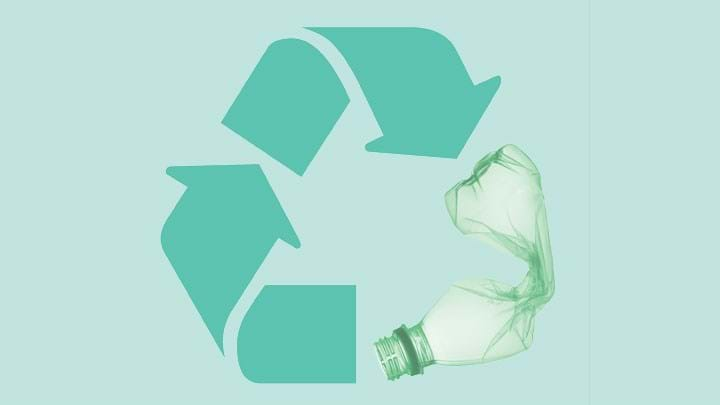Japanese oil giants develop waste plastic-to-oil facility with Mura Technology

OIL and petrochemical companies Mitsubishi Chemical Corporation (MCC) and ENEOS have launched a facility which uses Mura Technology’s water-based recycling process to convert end-of-life plastic into oil for producing new chemicals and plastic products.
Based at MCC’s Ibaraki Plant in Kamisu, Japan, the project has been underway since 2021 as part of MCC and ENEOS’s joint plastic-to-oil initiative, with plans to process 20,000 t/y of plastic.
MCC and ENEOS will use the recycled oil in their existing refinery and naphtha cracker to produce items such as food and pharmaceutical packaging, along with a range of organic and inorganic chemicals.
Mura's technology
Mura’s Hydrothermal Plastic Recycling Technology (Hydro-PRT) uses “supercritical” water and several steps to break down post-consumer plastic into hydrocarbons.
Waste plastics are first shredded and melted before being mixed with supercritical water – water at a high pressure and temperature – and heated further. The mixture is fed into a reactor, where it's broken down into liquid hydrocarbons and gas, then fractionated into various oil grades.
Mura says its technology can develop feedstocks to produce plastics products such as low and high density polyethylene (LDPE and HDPE) and PET, which are used for manufacturing milk cartons, water bottles and packaging films.
MMC and ENEOS are looking to “promote initiatives that contribute to the energy and materials transition”, including investment in plastic recycling projects. An earlier partnership with Neste saw them develop PET resin using Neste RE feedstock, made entirely of renewable and recycled raw materials.
Recent Editions
Catch up on the latest news, views and jobs from The Chemical Engineer. Below are the four latest issues. View a wider selection of the archive from within the Magazine section of this site.




